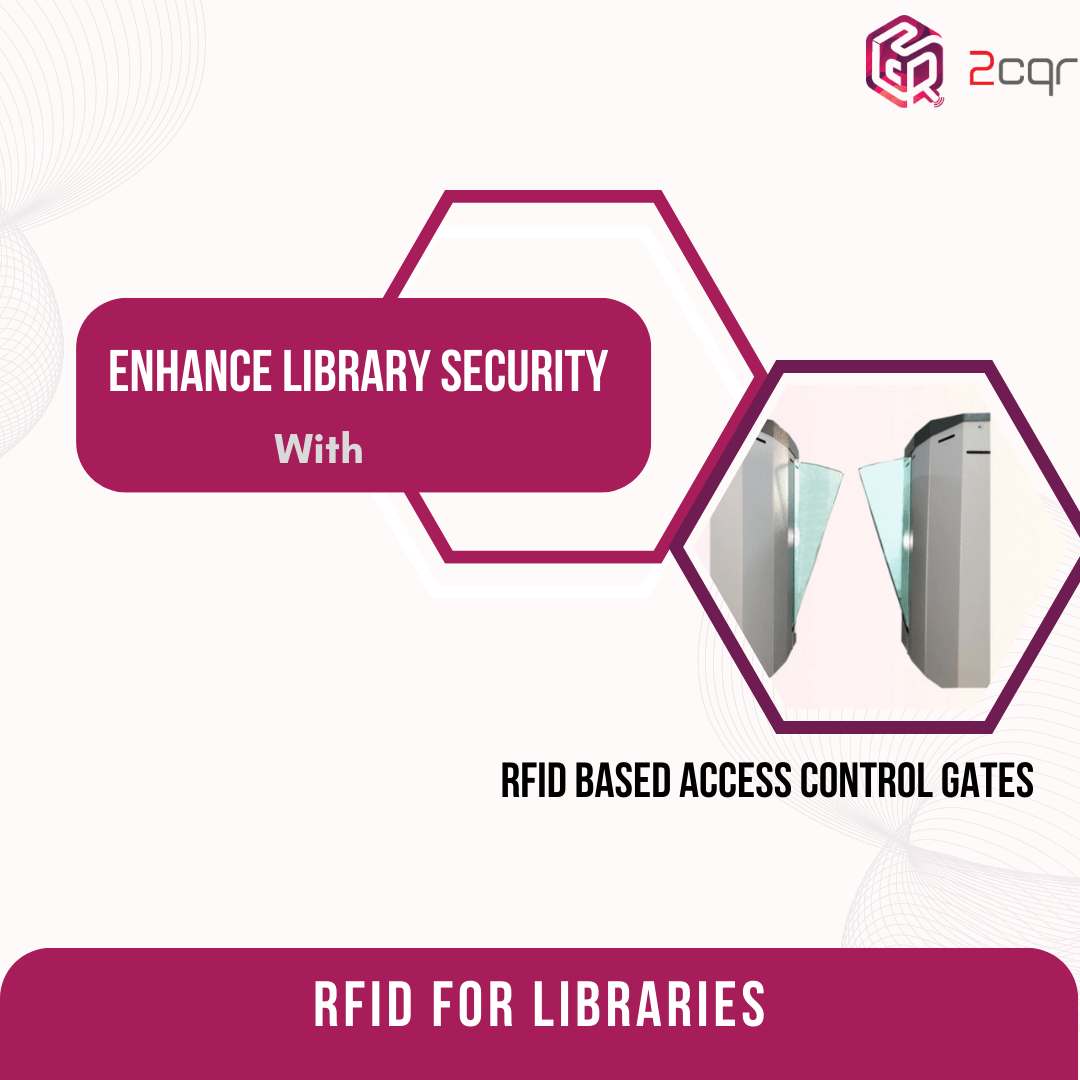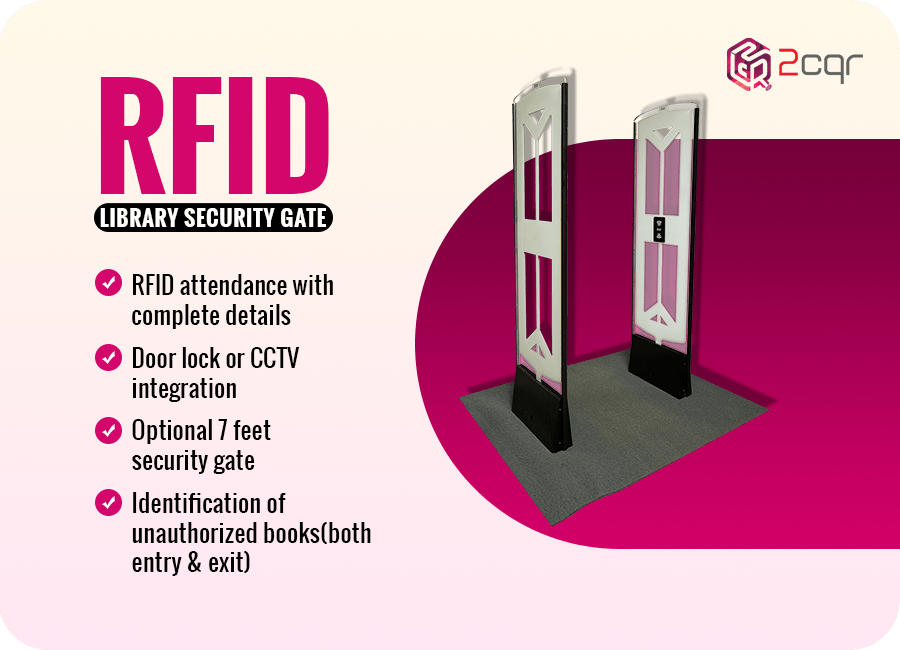
RFID in libraries has brought about significant changes in the way library management is carried out, empowering librarians to streamline operations efficiently while maintaining data security through the support of access control systems.
Librarians can now leverage RFID access control systems to restrict tag reading and writing, providing a mechanism to control permissions and privileges associated with RFID tags.
This ensures that data read and write operations are effectively managed, safeguarding sensitive information from unauthorised access.
Access Limitations:
With the support of RFID access control systems, libraries can assign different levels of permission for reading and writing data on RFID tags to various library staff based on their roles and responsibilities. Additionally, patrons can be granted read access, facilitating safe self-checkout processes without compromising data security.
Writing Authorisation:
Misuse of authorisation or lack of sufficient knowledge regarding the technology’s functionality often leads to data breaches. However, RFID access control systems offer the ability to adjust authorisation settings, allowing limited resources with proper knowledge to handle writing access, minimising the risk of breaches.
Password Protection:
Advanced RFID access control systems provide strong protection features by assigning strongly authenticated 32-bit passwords to RFID tags in libraries. Only authorised resources with knowledge of the secret code can read data from the RFID chips, ensuring data remains secure.
Data Limitation:
To protect patron privacy, librarians may need to restrict sensitive information from being written on RFID tags. Access control systems enable librarians to limit the data that can be written, ensuring that personal or confidential information is not stored on the tags.
Locking The Tags:
An intriguing feature of RFID tags is “Tag Locking” as certain RFID tags have a locking mechanism that allows librarians to lock specific data fields, preventing further modification even for authorised resources with writing privileges. This feature enhances security for key information such as UID, security status, book title, author, and more.
In conclusion, understand the benefits of RFID access control systems and revolutionise library management, that allows librarians to streamline operations efficiently while ensuring data security.
Through access limitations, writing authorisation, password protection, data limitation, and tag locking features, librarians can effectively manage RFID tags, providing enhanced accuracy and privacy for library patrons.
Embracing these advancements ensures libraries remain at the forefront of efficient and secure information management.


